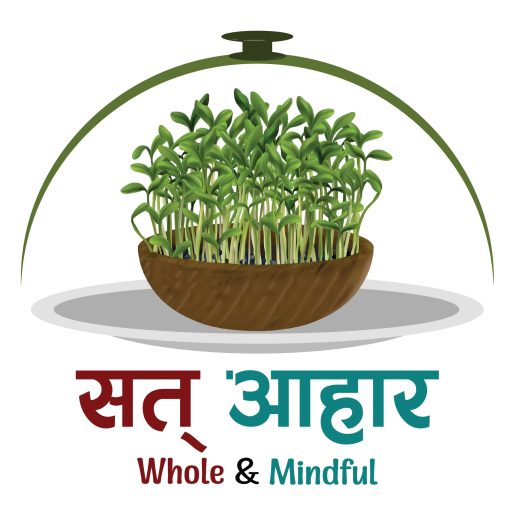You may have heard someone calling themselves ‘nutritionist’ while others ‘dietician and nutritionist’. Perhaps you are confused about what they actually mean. Well, this post will help you clear your confusions.
Dietitians and nutritionists both study diet, food, and nutrition and follow similar career paths. Despite their similarities, they are neither identical or interchangeable. In general, a dietitian’s function is more regulated than that of a nutritionist, and the distinction is due to the type of education and professional training received. However, both are considered to be healthcare professionals.
To be a dietician, one needs to study bachelors in dietetics and nutrition or similar. Also, if someone has a biological science background in their bachelors, they can study nutrition and dietetics in their masters. This is the general situation but varies by country. You might have heard of ‘registered dieticians nutritionists’ as well. This indicates the licensing system by regulating bodies, of which, a national exam has to be passed to obtain the license. In the case of Nepal, there is no official body taking licensing exams for nutritionists and dieticians. Hopefully, it will not be the case in future.
A person can call herself/himself a nutritionist, if they have studied nutrition as a major in their bachelors and/or masters. Also, a person can call themselves a nutritionist, if they have taken a few months of training or online courses. Thus, a nutritionist can be an expert in the area of nutrition and diet, however it really depends on their educational background, work experiences and length, recognition and quality of the course they have taken. Generally, nutritionists have studied public health or biological or human science or food science and nutrition in their bachelors and/or masters. Thus, it is not appropriate to call a nutritionist ‘he/she does not have a degree because many nutritionists have advanced degrees in related fields too. Having said that, some people just have interest in nutrition and take unaccredited courses online for a few weeks or months and call themselves nutritionists. It might be more appropriate to call them nutrition educators, coaches or so, rather a nutritionist. ‘Nutritionist’ is not regulated by the government in most of the countries. In the USA, certified nutrition specialist (CNS) and dietician-both of these titles are protected and have similar requirements.
On the contrary, the title of registered dietician is protected. Just like a doctor can not be a doctor without formal university education and internship in a medical setting, a dietician cannot be a dietician without formal university education and internship in a medical setting.
Educated nutritionists provide nutrition advice, diet plans and other guidance to a client without handling medical cases. Dieticians have better clinical knowledge and experience in the medical setting. So, they are qualified to diagnose eating disorders and design diets to treat specific medical conditions. However, regarding interpersonal skills, client success, approach to counseling really depends on the capability of a person rather than what they call ‘themselves’ or whether they are dietician or nutritionist.
Summary
Dietician and Nutritionist both are a health care professional but may vary primarily in terms of trainings and the internships they received.









